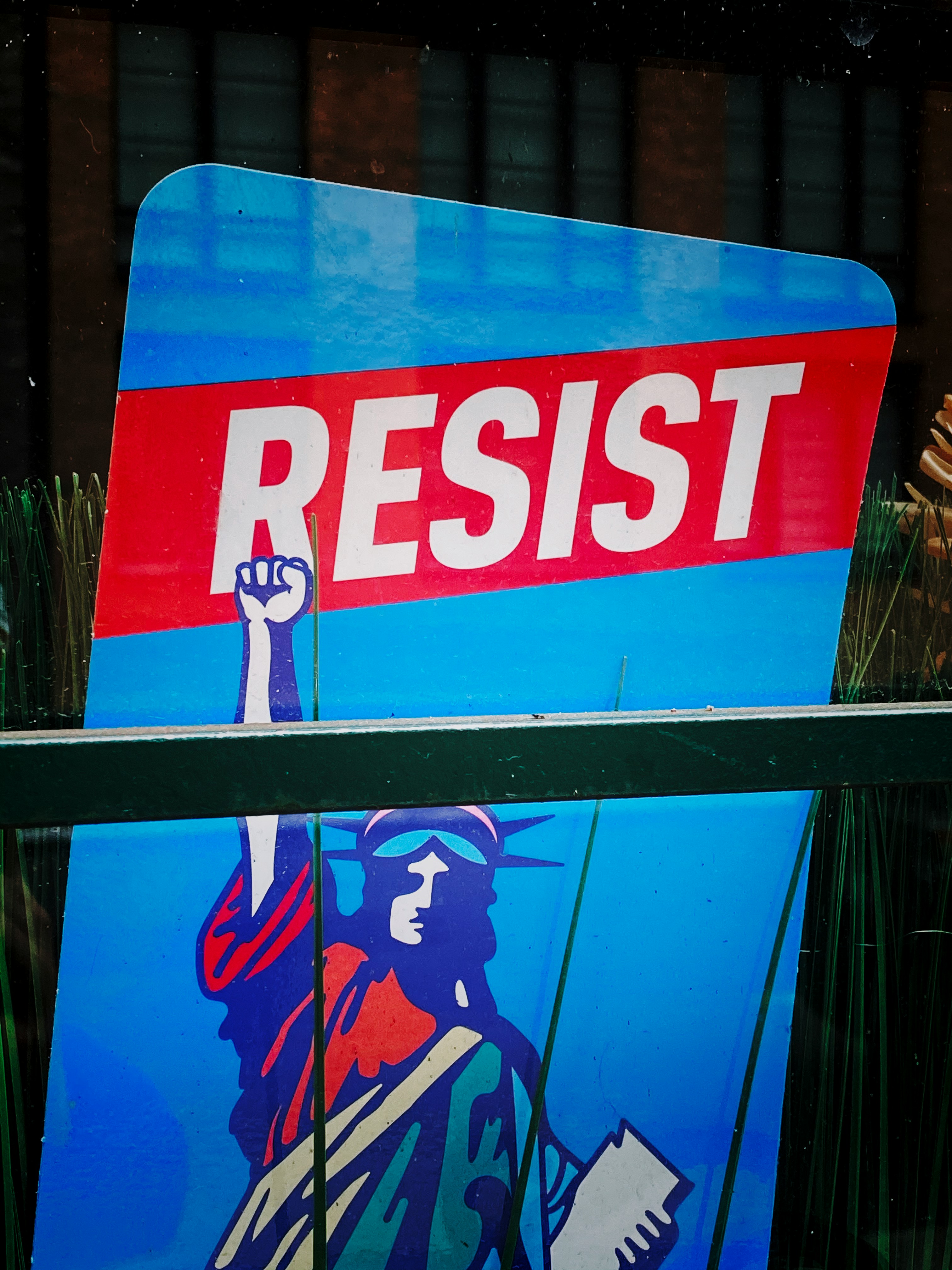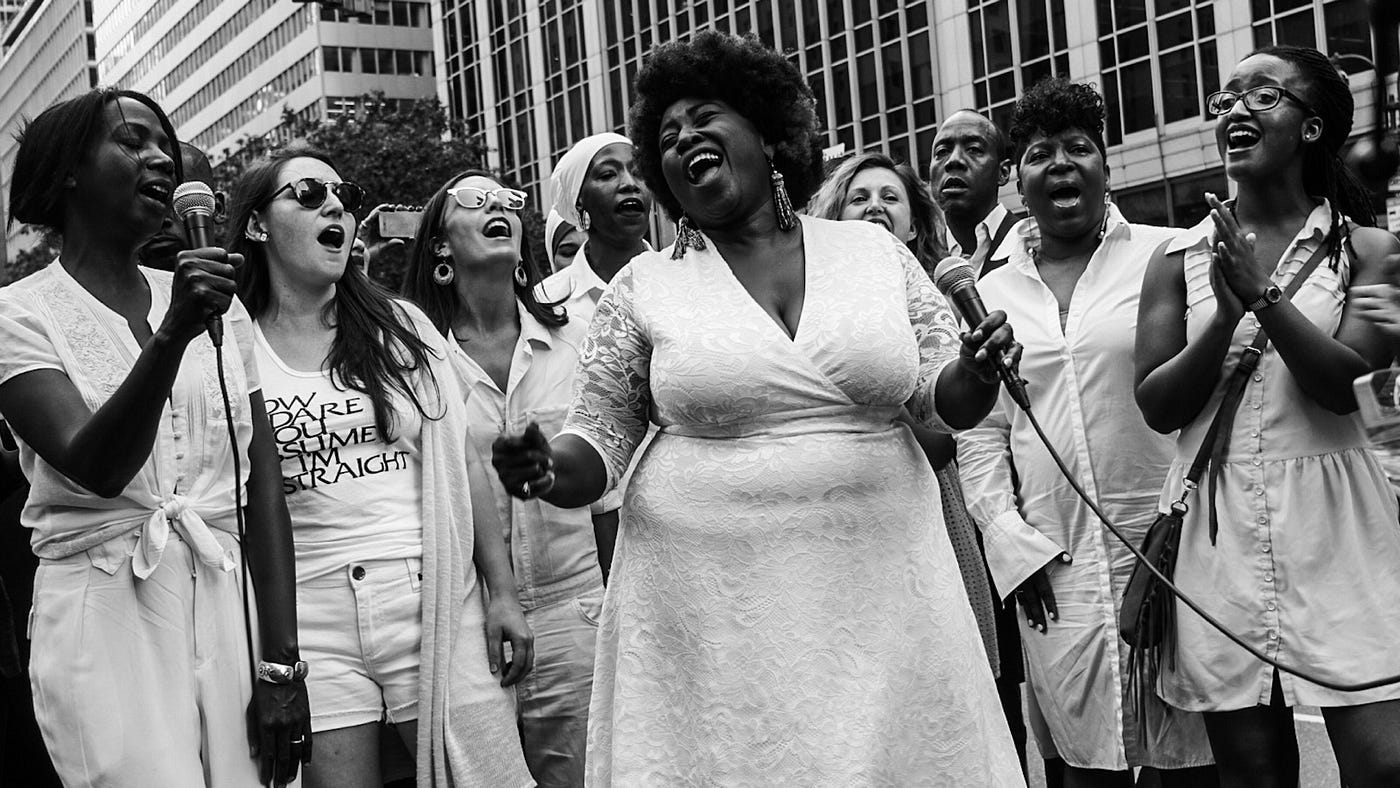
General
On National Right to Read Day, "Banned Books, Banned Beliefs” Now Available
On National Right to Read Day, "Banned Books, Banned Beliefs” Now Available
WASHINGTON — In observation of the second annual Right to Read Day, Unite Against Book Bans and Interfaith Alliance are pleased to announce a new resource for speaking out and taking action against book bans. “Banned Books, Banned Beliefs” explores the connections between book banning, religious belief, and religious freedom, encouraging members of diverse faith communities to stand up for the freedom to read.
The American Library Association launched Unite Against Book Bans in April 2022 in response to the alarming surge in book challenges and other efforts to restrict access to information. Now celebrating its second anniversary, this national initiative seeks to empower readers everywhere to stand together in the fight against censorship.
Interfaith Alliance, which works among people of diverse faiths and beliefs nationwide to build a resilient, inclusive democracy, is one of more than 200 partner organizations that comprise Unite’s coalition. The coalition collaborates to connect, equip, and mobilize public advocacy for the right to read, in opposition to record-breaking attempts to censor reading materials in schools and libraries.
“Censorship is a religious freedom issue -- book banning is a political strategy that could silence diverse religious voices and traditions that are a major part of the rich social fabric of America,” said Rev. Paul Brandeis Raushenbush, President and CEO of Interfaith Alliance. “Unfortunately, some of those who want to ban books use religion as an excuse to target LGBTQIA+ voices, communities of color, and many others. In truth, most people of faith and conscience in this country support equality and oppose these harmful efforts to privilege any one narrow viewpoint. We're proud to work alongside the ALA to encourage religious communities to stand up for libraries, librarians and the right to read.”
With assistance from Interfaith Alliance, the new resource from Unite Against Book Bans can be used to engage faith communities in conversations about book banning. Libraries seeking community support can download a print-ready resource to help them approach faith leaders from local churches, mosques, synagogues, temples, and other houses of worship. Individuals can also find tips for mobilizing their own congregation, being a voice for broader acceptance in their community, and helping others understand the connection between banned books and banned beliefs.
"The new data released by ALA last month makes it clear: we continue to face disturbing increases in book banning,” said Deborah Caldwell-Stone, director of the American Library Association’s Office for Intellectual Freedom. “Nearly half of the books being targeted focus on LGBTQIA+ individuals and people of color. Librarians, educators, and readers everywhere must fight back against efforts to censor books, particularly those that are motivated by identity, race, religion, or other individual differences.”
Unite Against Book Bans will continue to collaborate with Interfaith Alliance to expand on “Banned Books, Banned Beliefs” materials and conduct outreach efforts that engage faith communities in standing up for the right to read.
Transcript

Announcing the 2025-2026 Interfaith Leadership Network Fellows
Interfaith Alliance is proud to announce the 2025–2026 cohort of the Interfaith Leadership Network, an extraordinary group of clergy, pro-democracy advocates, and community leaders advancing civil rights, inclusive religious freedom, and democracy in communities across the country. Through practical support, funding, and a powerful peer network, these fellows will mobilize interfaith collaboration to confront urgent local challenges and strengthen a pluralistic democracy.

One Year of The Trump Administration’s Attacks on Faith Communities and Abuse of Religion
Over its first year, the Trump administration has weaponized religion to advance a white Christian nationalist agenda, attacking faith leaders, houses of worship, immigrants, and religious minorities while undermining core principles of religious freedom. Even as federal power has been used to intimidate and exclude, faith communities across traditions have mobilized to defend democracy, pluralism, and the right of all people to practice their beliefs.


